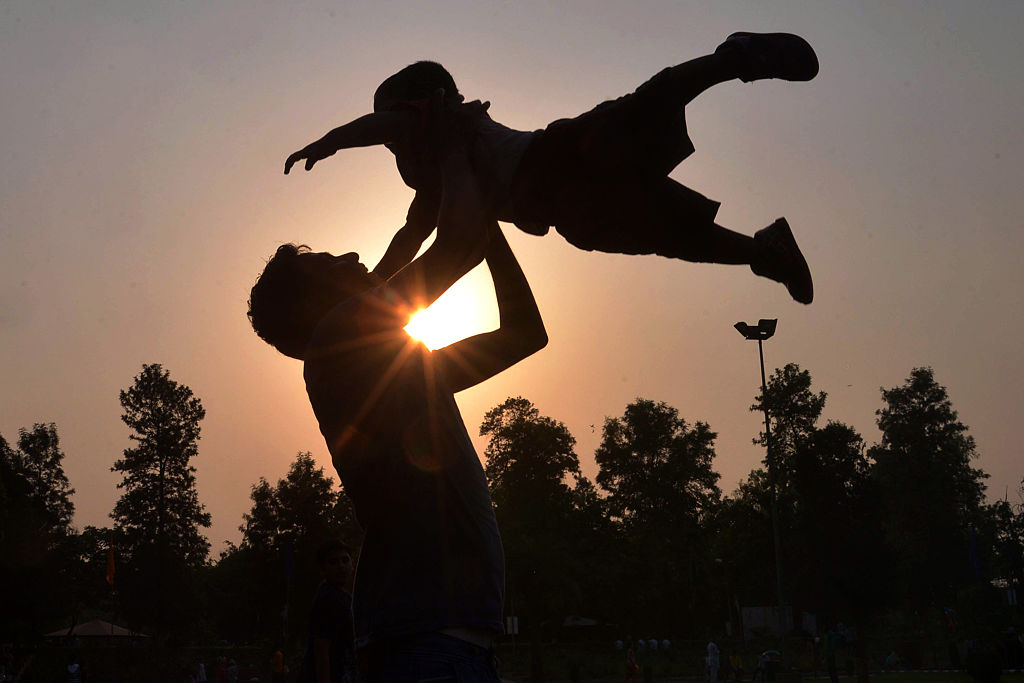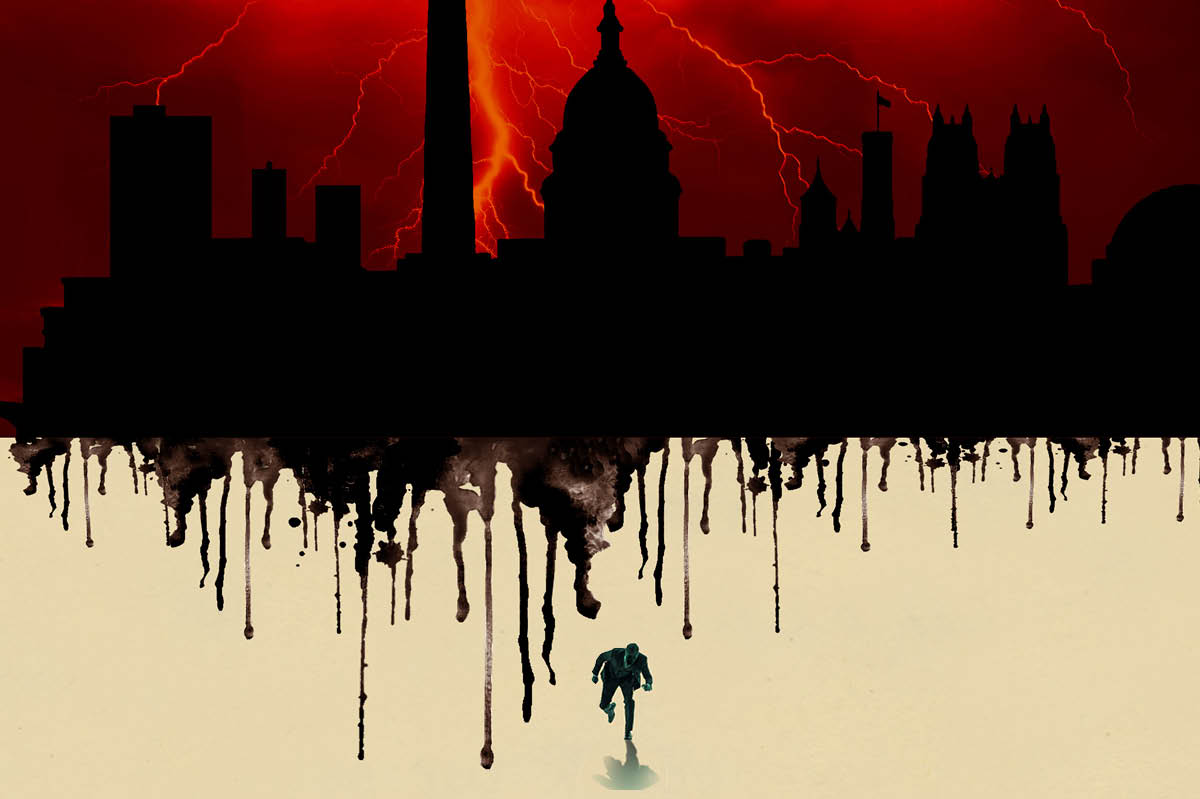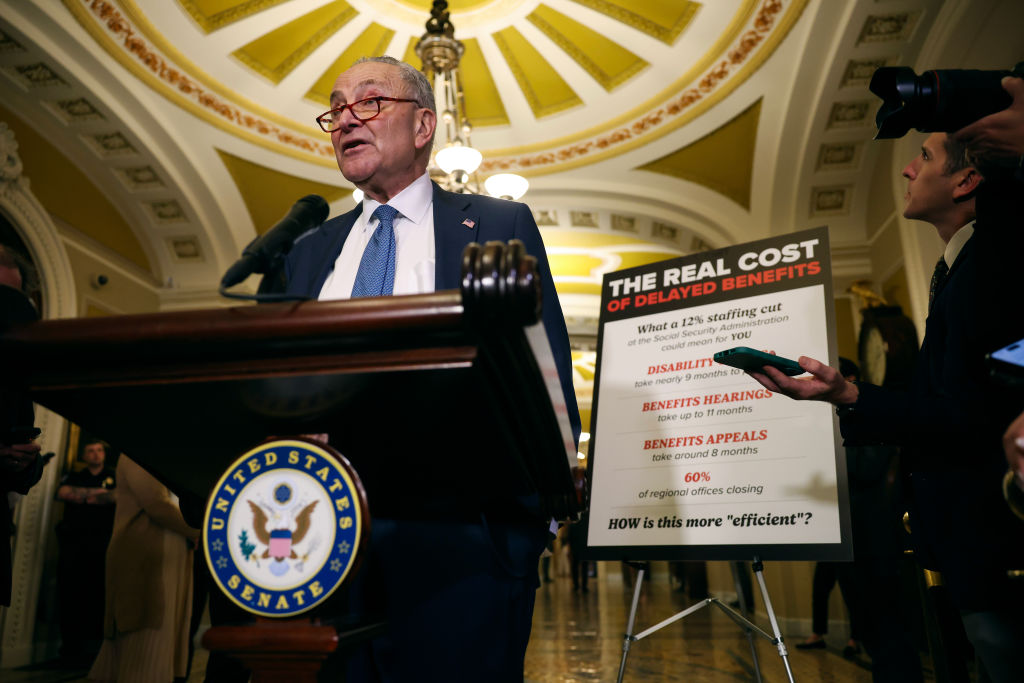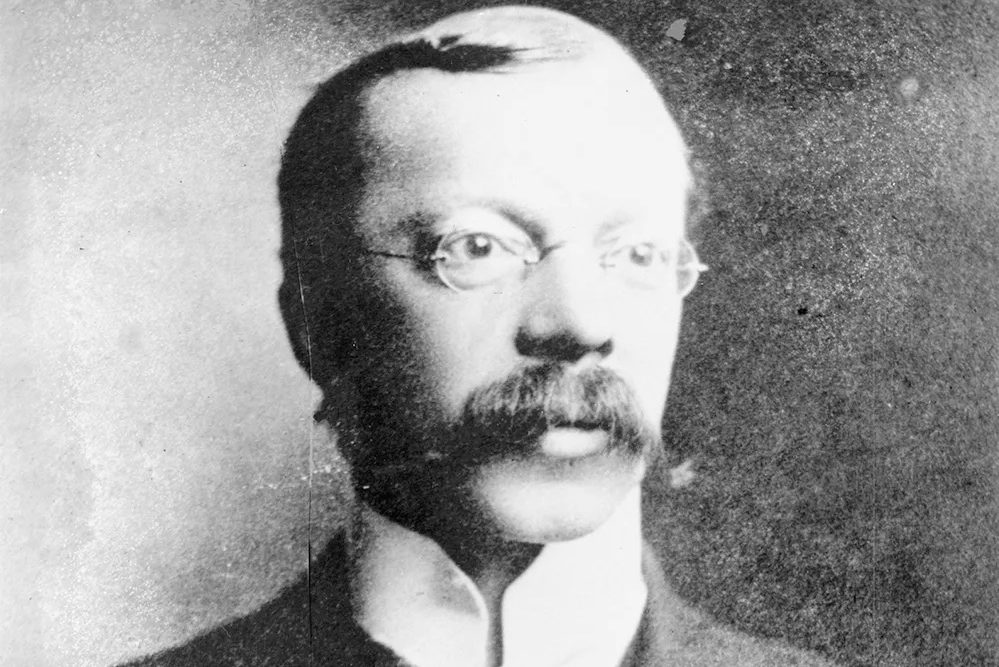Throughout the 1970s and 1980s, my stepfather worked as an auto mechanic in Upstate New York, at a ‘youth camp’ nestled in a pine forest. The bucolic sobriquet was a euphemism; this ‘camp’ was a medium-security pre-prison of sorts for boys 14-17, mostly from New York City, sent up following precocious encounters with the law. These youthful offenders were not the worst of the worst. Boys implicated in rape, murder or similarly terrifying offenses were assigned elsewhere, to compounds with barbed wire and armed guards.
As it happened, campers liked to hang around the garage, and over the years, some who showed diligence and aptitude with tools were taken under my stepfather’s wing. One was a teenager known to us by his street name, Diamond — a slight, scarred young Puerto Rican from the South Bronx. He’d landed upstate via his work ethic in a gang whose directive was simple: entering members had to have stolen and handed over at least $4,000 of goods (the equivalent today of more than $20,000). No slacker, Diamond had aced this assignment by the age of 14.
One night, my stepfather signed Diamond out of institutional custody and brought him to our house for dinner. At the end of the meal, my mother surprised him with a cake she’d made, festooned with candles for Diamond’s 15th birthday. Upon seeing it, to the amazement of my siblings and me, this tough son of some of New York’s meanest streets broke out sobbing like an inconsolable toddler. As it turned out, nobody had ever made him a birthday cake before.
The camp’s track record with Diamond and the other boys was mixed. Some went on to blue-collar jobs — as he did, at least for as long as he stayed in touch. Some ended up dead or packed off to grown-up ‘camp’ after leaving the woods behind. Beyond questions of criminology, one mental note from those years remained: not one boy my stepfather ever spoke of, or brought home to visit, had a father of his own at home.
America’s crime problem is a father problem. This is one of our country’s deepest and most denied family secrets. Everybody knows it, and everybody has known it for a very long time. Never mind anecdotes. Social science has confirmed as much at least since the fabled Moynihan Report of 1965, whose ignominious fate proves the rule that a document will be publicly reviled in exact proportion to the truths it tells. As the Minnesota Psychological Association lately summarized just a bit of the massive research on fatherless homes and crime: ‘Family structure and the lack of paternal involvement are predictive of juvenile delinquency. The more opportunities a child has to interact with his or her biological father, the less likely he or she is to commit a crime or have contact with the juvenile justice system…Youths who never had a father living with them have the highest incarceration rates … while youths in father-only households display no difference in the rate of incarceration from that of children coming from two-parent households.’
Some will call these unwanted facts racist. They’re wrong. White America has been playing impressive catch-up ball. Today, the percentage of white children who are also being raised without two married parents is higher than the one that the Moynihan Report worried over for blacks — 28 vs 25 percent, respectively. And just as the Report forecast, correctly, that this new model would collectively produce social chaos, so it is exacting its own penalty among non-blacks.
‘Deaths of despair’, rising suicides, sliding longevity among white men: yes, globalization and the disappearance of manufacturing jobs play their parts. But six decades into normalizing the father-free home, black and white America alike suffer from the failure of functional older men to socialize younger men. This is why, for example, two popular series —The Wire, set in Baltimore, and Trailer Park Boys, about Nova Scotia — bear an intense family resemblance, even as one is played for drama and the other for laughs. Both would be unthinkable without the premise of widespread fatherlessness.
It’s now over a quarter-century since rapper Tupac Shakur penned a searing apotheosis, ‘Papa’z Song’ (1993), nailing the image for his generation: ‘Had to play catch by myself. What a sorry sight.’ For decades, Eminem has similarly wrung the hearts of many millions of kids fuming over their own missing daddies. All of which raises the question: if everybody from auto mechanics and sociologists to producers and pop stars knows this, why doesn’t someone do something?
One answer may be that there isn’t a nickel in it. Neither Raytheon nor any other woke corporation will spend millions to tutor its employees in the economic and social benefits of the two-parent home — though they will devote that largesse, and more, to entrepreneurs of critical race theory. Twitter’s Jack Dorsey will not shower eight-figure donations on centers of therapy or other ameliorations for the children of family chaos — though he righteously does just that for the neo-racialist academic empire over which Ibram X. Kendi presides. Not that material self-interest is the only factor powering denial. Numerous figureheads of today’s new racialism themselves hail from single-parent homes, a fact that might explain some of the unspoken vehemence behind ignoring the obvious.
A second reason is that nobody knows what to do about endemic fatherlessness. That’s a fair point. President Obama once did call the problem by name, in a speech delivered at a church in Chicago on Father’s Day, 2008. If anyone could have experimented with tax and policy initiatives aimed at rewarding men and women for the hard work of starting and staying in families, it would have been our first black president. Instead, he went back on-brand with a vengeance, ratcheting up class divisions via undisguised contempt for rural white proles, and otherwise helping to enable the social step backward on race seen today.
The media plays its part in the wilful blindness, as crime rates soar and children sicken. Newspapers even make a virtue of perversity via declarations like ‘A “Broken Home” Didn’t Break Me or My Kids’ (New York Times), or ‘The Dangerous Myth of the “Missing Black Father”’ (Chicago Tribune). None of this defiant posturing helps the Diamonds of the world. Shouldn’t somebody?
But that’s no shocker. Ever since the Moynihan Report was banished from history because we couldn’t bear the truth it told, little of this discussion has ever really been about them.
This article was originally published in The Spectator’s August 2021 World edition.

























